Dhaka, July 31 (V7N) – Nahid Islam, convener of the National Citizens Party (NCP), has publicly clarified key issues surrounding the leadership of the July mass uprising, the role of Islami Chhatra Shibir (Shibir), and a reported military coup plot before August 5.
In a detailed Facebook post on Thursday, Nahid rejected claims by Shibir leader Sadiq Kayum that the student organization Chhatra Shakti operated under Shibir’s instructions, calling these allegations “lies.” He explained that Chhatra Shakti was formed by members of the ‘Gurubar Adda’ study group and others, including some from Jahangirnagar University, who had been politically active on campuses for years. Though the group maintained contact with DU Shibir, this did not imply control or direction by Shibir.
Nahid emphasized that Sadiq Kayum was not a coordinator of the anti-discrimination student movement and had only assumed this role after August 5. While acknowledging Shibir’s significant role in the uprising, he insisted the movement was independent and decisions were made collectively with multiple parties involved. Nahid also hinted at future revelations about groups seeking power and self-interest.
Addressing the alleged army coup attempt, Nahid disclosed that on the night of August 2 last year, Zulkarnain Sayer allegedly attempted to hand over power to elements within the military by pressuring student coordinators to declare the government’s fall on social media. Nahid and his colleagues opposed any military intervention, stressing that the uprising must remain a spontaneous popular movement involving political parties.
Nahid also refuted BNP Secretary General Mirza Fakhrul’s recent claim that no proposal for a national government came from the students. He stated that on August 5, the student movement publicly demanded an interim national government, later presenting this proposal to BNP acting chairman Tarique Rahman. While Tarique Rahman did not agree to their full proposal, he suggested an interim government including civil society members, with Dr. Muhammad Yunus as chief advisor. Subsequent discussions with BNP leaders were held before the formation of the Advisory Council.
END/RH/AJ



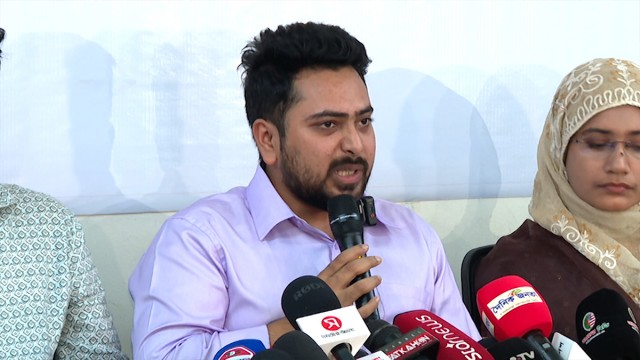
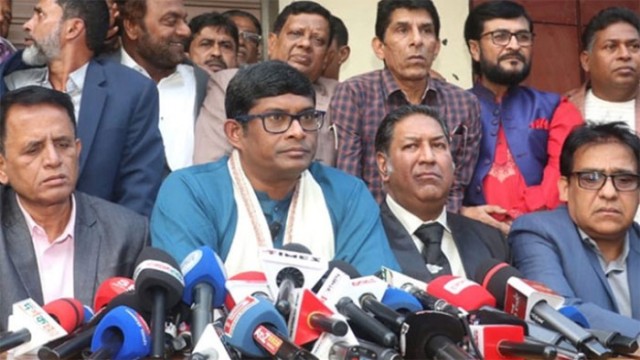
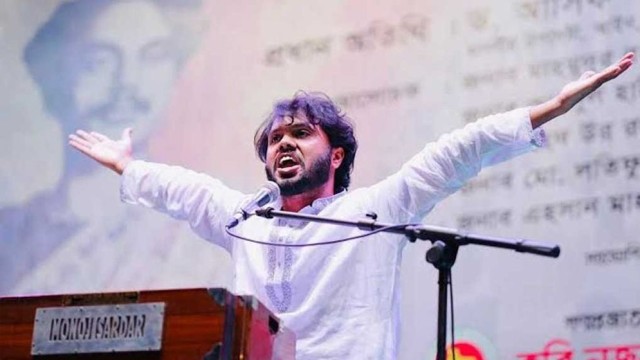
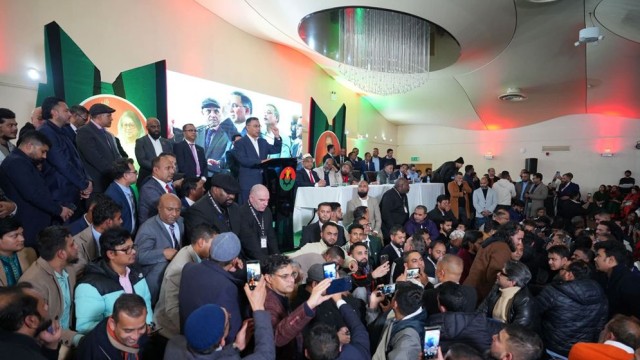
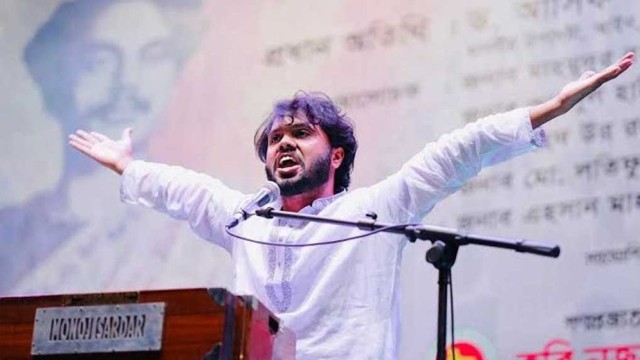
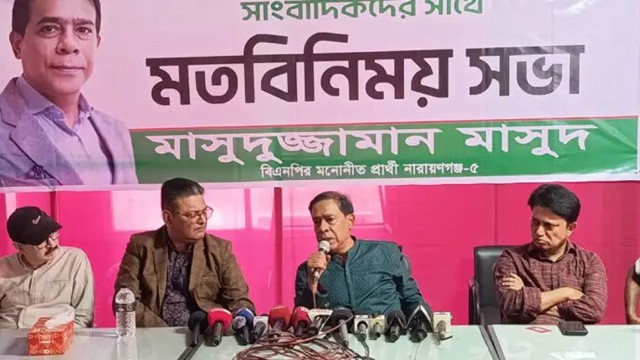
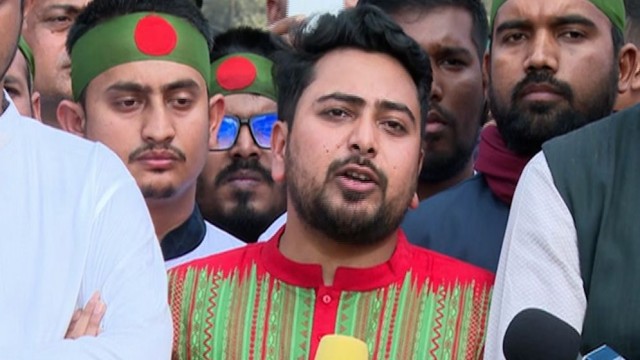
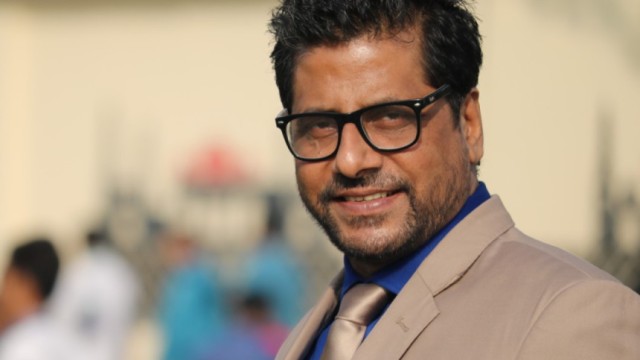
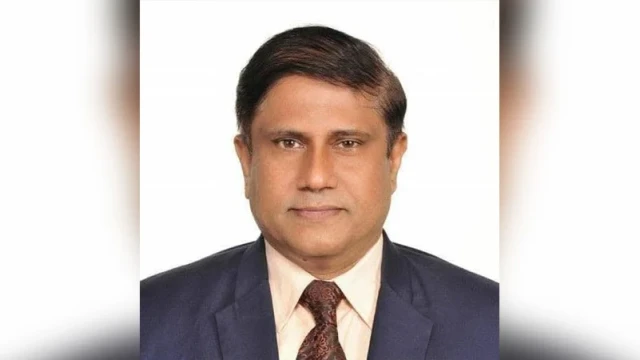

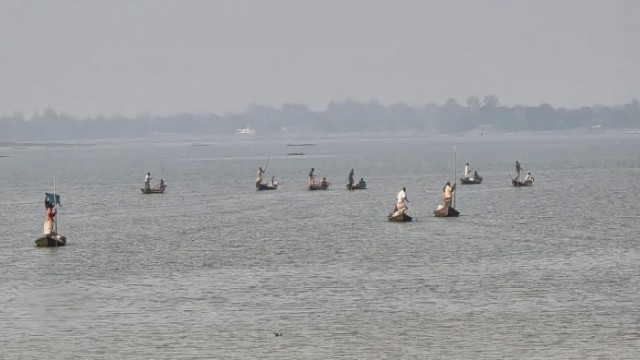
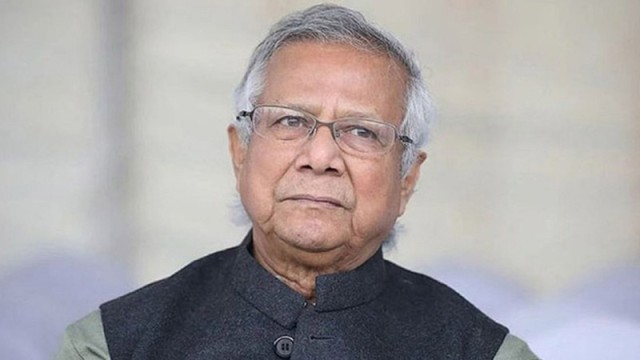
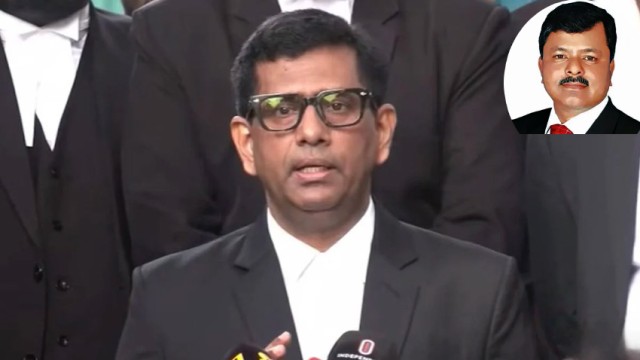

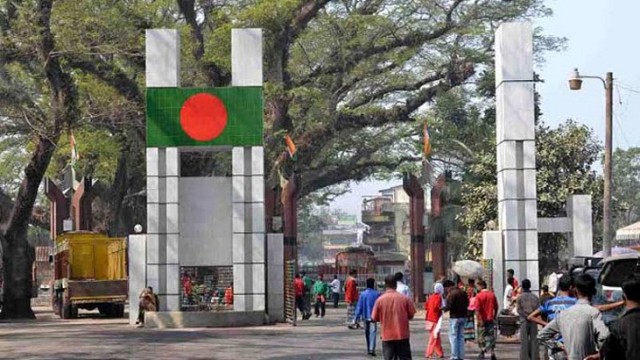


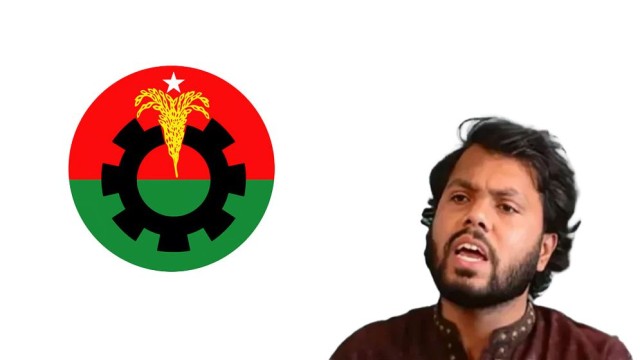
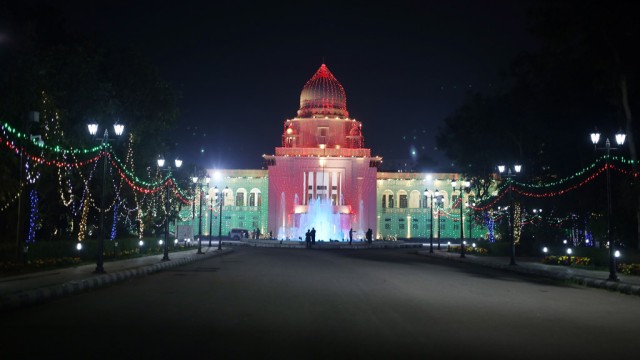
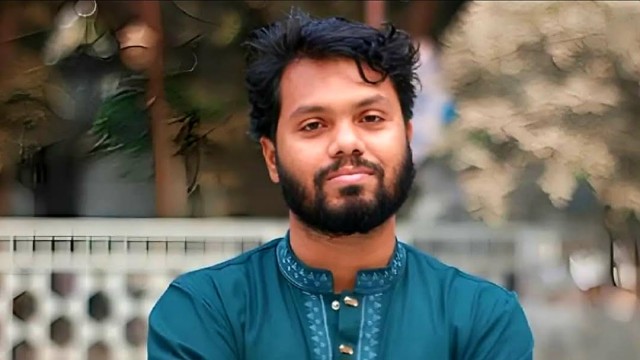

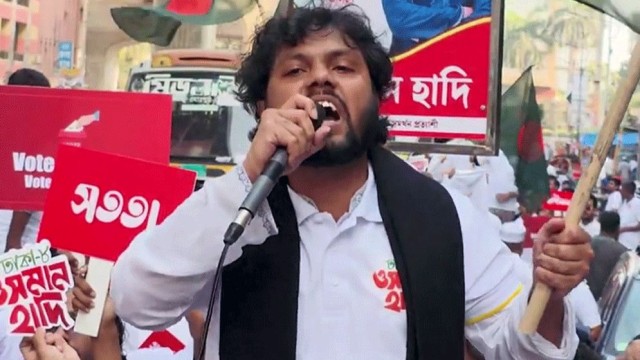


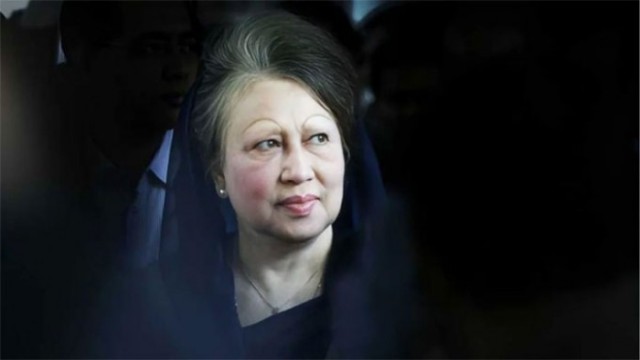
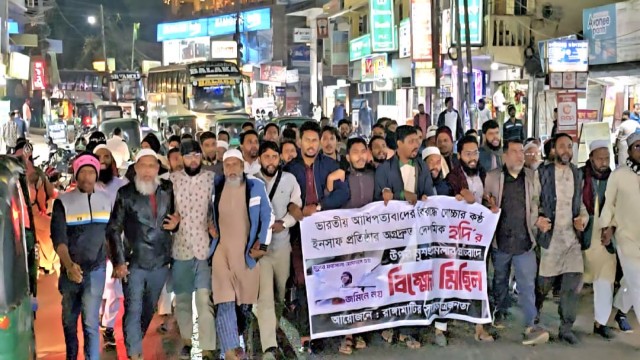

Comment: